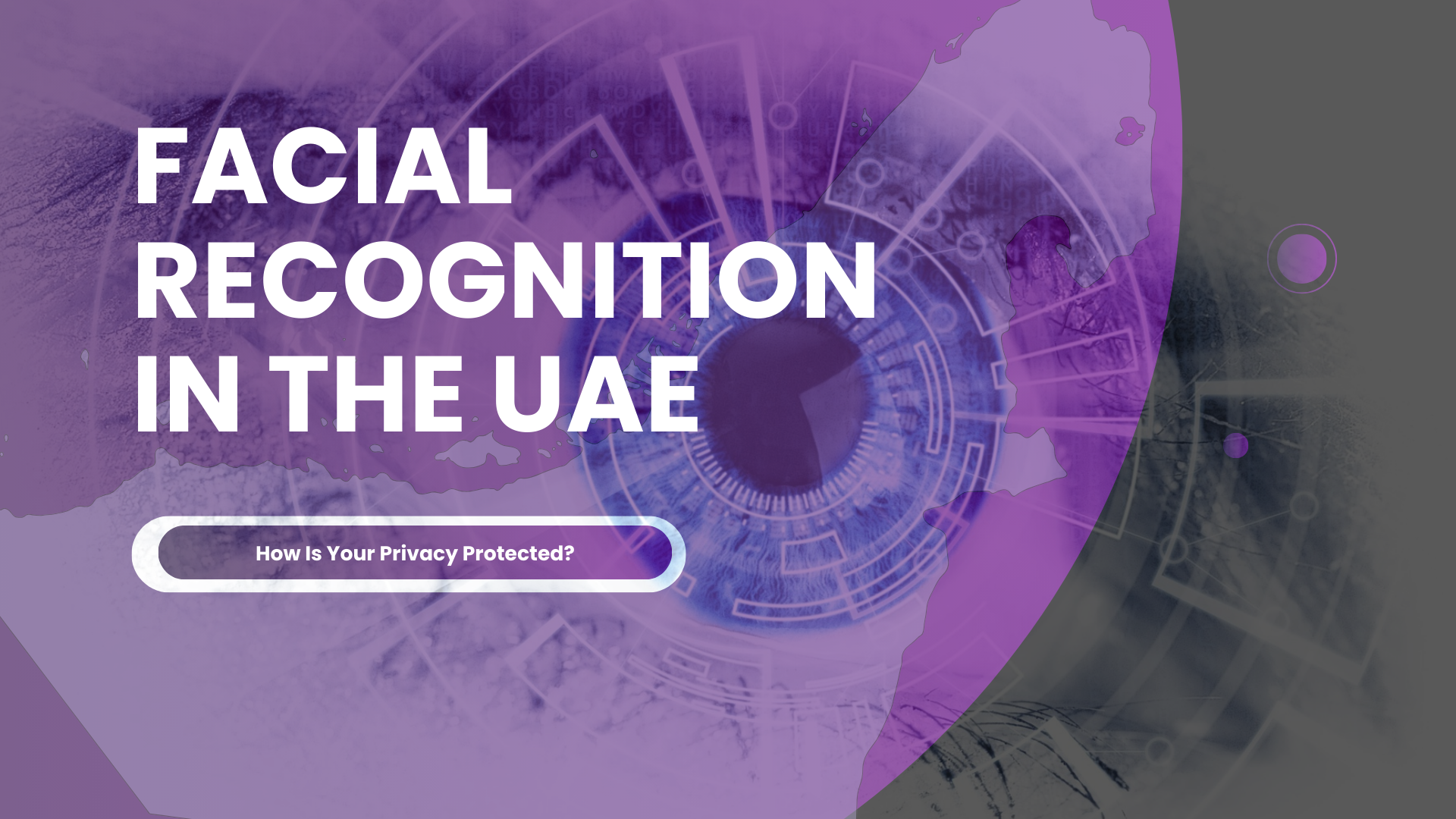Facial Recognition in the UAE: How Is Your Privacy Protected?

Strong 8k brings an ultra-HD IPTV experience to your living room and your pocket.
From airport immigration gates to digital payment apps, facial recognition technology is becoming part of daily life in the UAE. While it offers speed and convenience, many citizens and residents are asking: What happens to my facial data? Who has access to it? Can I say no?
The good news is — your privacy is protected under the UAE’s Personal Data Protection Law (PDPL). In this blog, we break down what facial recognition data is, how the UAE regulates it, and what rights you have to stay in control of your identity.
What Is Facial Recognition Data?
Facial recognition data refers to biometric information extracted from your face. It can include:
Facial geometry
Unique facial features
Skin texture
Iris and eye details
This type of data is classified as “sensitive personal data” under the UAE PDPL because it can uniquely identify an individual.
🔐 Why it matters: If mishandled, facial recognition data can be used for unauthorized surveillance, identity theft, or profiling.
The Legal Shield: UAE Personal Data Protection Law (PDPL)
The UAE introduced the Federal Decree-Law №45 of 2021 on the Protection of Personal Data (PDPL) to give individuals greater control over their personal information — including biometric and facial recognition data.
Here’s how the PDPL safeguards your privacy:
Facial recognition data is categorized as “sensitive personal data,” which means it:
Requires stricter protection than regular personal data
Cannot be processed unless a legal basis is established
Must be handled with appropriate technical and organizational safeguards
📌 Takeaway: Companies need your clear consent or a lawful reason to collect and use your face data.
How Is Your Consent Handled?
Under the UAE PDPL, explicit consent is the cornerstone for processing facial recognition data.
Consent must be:
✅ Freely given
✅ Specific to the purpose
✅ Informed (you must understand how your data will be used)
✅ Withdrawable at any time
❌ What doesn’t count? Pre-ticked boxes, silence, or inactivity.
💡 Example: If a mall installs facial recognition for security, they must inform you and give you the option to opt out unless required by law.
When Can Your Facial Data Be Collected Without Consent?
There are limited exceptions where your face data can be processed without consent:
Public interest or national security
Healthcare emergencies
Compliance with a legal obligation
However, even in such cases, data minimization and strict security protocols must be followed.
Data Subject Rights: You’re in Control
The UAE PDPL grants you several rights over your facial recognition data:
🎯 Pro Tip: Always check for a privacy notice or consent form before using a facial scan-based app or device.
Cross-Border Transfers: Is Your Data Leaving the UAE?
Facial recognition data can only be transferred outside the UAE if the destination country ensures adequate protection or if specific safeguards are in place, such as:
Data Office approval
Binding legal agreements
Specific data transfer mechanisms (to be detailed in Executive Regulations)
🚨 Caution: If your facial data is stored on foreign servers (e.g., via cloud apps), ask the provider how and where your data is processed.
Who Regulates and Enforces the Law?
The UAE Data Office oversees and enforces compliance with the PDPL. It is responsible for:
Approving cross-border data transfers
Investigating data breaches or misuse
Issuing fines and corrective actions
As of now, fines for non-compliance have not been officially specified, but are expected in upcoming Executive Regulations.
Real-World Example: Face Scans at Airports
The UAE has implemented facial recognition at airports to streamline passenger verification. While this is legally allowed under national security and public interest grounds, authorities must still:
Inform passengers about the use of face scanning
Implement high-level cybersecurity protections
Minimize data storage duration
✈️ Tip: Look for signage and consent notices at immigration checkpoints or use alternative options where available.
Final Thoughts: Privacy and Progress Can Coexist
Facial recognition isn’t going anywhere — but that doesn’t mean your privacy is up for grabs. The UAE’s PDPL ensures that businesses and government agencies can only use your face data lawfully, securely, and transparently.
As a resident or visitor in the UAE, you’re protected. Just remember:
Read privacy notices carefully
Ask questions if you’re unsure
Use your rights when needed
Need Help Complying with UAE PDPL?
Whether you’re a business using facial recognition or an individual concerned about your data, our privacy experts can guide you through compliance and rights management. Contact us today for tailored support.
Note: IndiBlogHub features both user-submitted and editorial content. We do not verify third-party contributions. Read our Disclaimer and Privacy Policyfor details.




